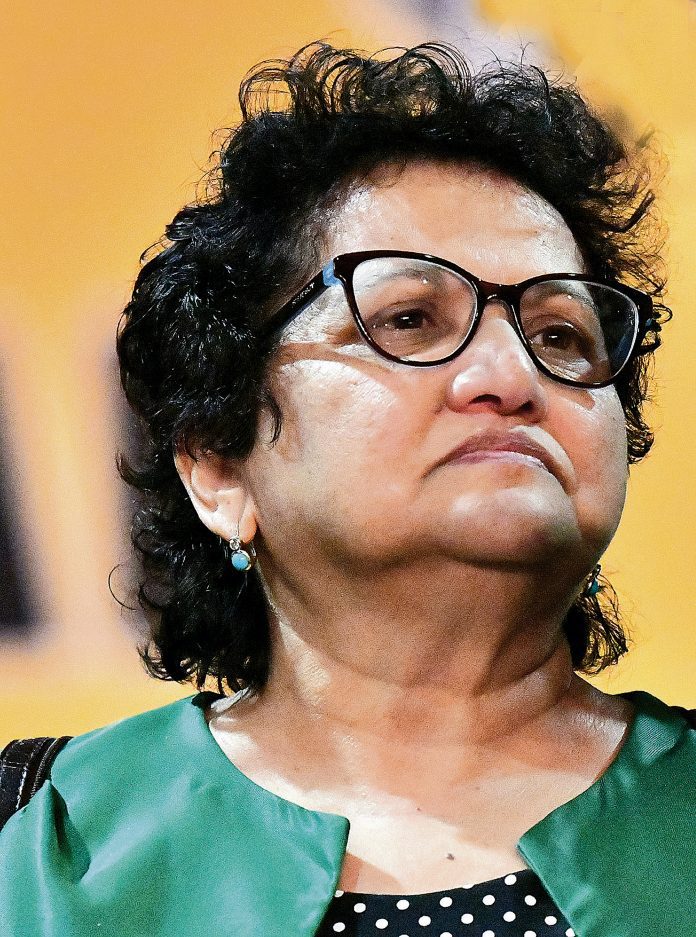By Sandile Swana
South Africa has many ethnic groups – the Xhosa-speaking kingdoms number five, Mpondo, Mpondomise, Thembu, Rharhabe and Gcaleka.
These are kinspeople divided at times by economics, politics and wars among local kings and chiefs since pre-colonial times. This goes further to encompass the Khoisan groups, the Afrikaners, the Muslims, Jews, Nguni, Sotho and an assortment of Asians and Europeans, who all constitute a diverse South Africa.
Turbulence is part of creating national unity. The first chancellor of the German empire Otto von Bismarck united Germans with blood and iron, and so did Shaka with the Zulus. The Union of South Africa was created via wars, while creating future divisions. In the 21st century constructive ideas should unite a nation not through violence or irrational hatred of other ethnic groups.
In recent years we have seen the deepening of functional racism as opposed to just attitudinal racism. Attitudinal racism revolves around arbitrary hatred towards specific ethnic groups. Functional racism and ethnicism focuses on allocating opportunities and resources based on culture, religion, and skin colour. We lead the world in inequality. Historically white European colonisers successfully installed themselves at the apex of economics and politics.
Functional racism entails robbing any identified non-elite or weaker cultural groups of resources such as land, minerals, labour, education, and incomes. In South Africa, for example, people have been moved out of schools, universities, suburbs, and jobs based on home language and complexion.
The late and former ANC deputy secretary-general Jessie Duarte complained bitterly about the side-lining of “coloureds” in the ANC, and Lindiwe Sisulu stirred up the hornet’s nest at the funeral service of Billy Masetlha last week with her “Shangaanish” jibe aimed at her political nemesis, President Cyril Ramaphosa.
We must not be misled, among whites there are those who want Cypriots, Portuguese, Spaniards, Arabs, Romanians and despised by the British, Germans, French, Jews and so on. The San, Griqua and Khoi Khoi are caught up in a no man’s land because apartheid classified them as “coloured”and they are despised by “coloureds”, whites, and non-Europeans generally.
There are groups that are often targeted for negative discrimination, including Vatsonga, Vhavenda, Mfengu and so on. Another issue is separate development and Afrikaners have been the most transparent about this, where Oranje, Soltech, Solidariteit and many other enviable initiatives showcase the capabilities of white Afrikaners. Secretly, many will talk about the might, extra-ordinary skills of the Jews and Muslims (and Asians generally) across all disciplines.
All of this contrasts with the black community more broadly, which has the lowest educational attainments especially in terms of university degrees, business, and professional acumen. As things stand it is neither the baTswana nor the amaSwati who have culturally developed prowess across the professions and trades to be readily acknowledged as the most trusted professionals based on hard facts and skills. As an example, someone who is trained in the German technical schools is almost a universally trusted technologist.
They are generally world beaters. The same goes for Japanese and South Koreans. We must recommend people to be given bigger responsibilities and rewards based on objective credentials, not just because they are white Afrikaner, Tsonga or Pedi. No one must be excluded from bigger responsibilities based on ethnicity. Unity should not be based on uniformity.
All people across the different regions and cultures need to clarify their unique value add to human society. Negative stereotypes about ethnic groups need to be debunked through equality of opportunity in the true sense. • Swana is a political analyst and a member of the 70s Group
• Swana is a political analyst and a member of the 70s Group
To read more political news and views, click here.
Follow @SundayWorldZA on Twitter and @sundayworldza on Instagram, or like our Facebook Page, Sunday World, by clicking here for the latest breaking news in South Africa.



